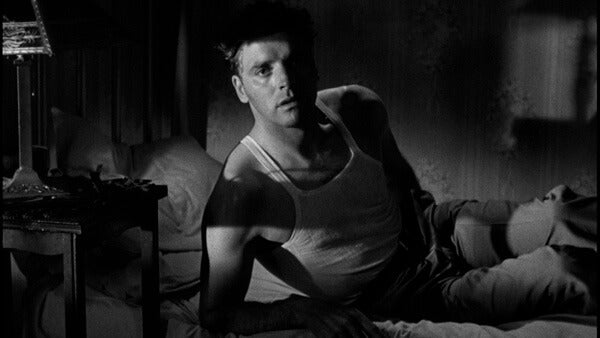Lecture by Gianmario Borio
Professor of Musicology at the University of Pavia
This paper is part of a larger research project, dealing with music as a driving force for the dramaturgy of noir movies. Siodmak’s The Killers (1946) belongs to the early phase of the genre, in which film directors, emigrants from central Europe, such as Fritz Lang, Otto Preminger, and Billy Wilder played a fundamental role. At the same time, noir movies reflected a psychological apprehension and social discomfort peculiar to “postwar America,” as James Agee remarked speaking of John Huston’s Key Largo (1946). Gangsters and killers captured the attention of contemporary commentators, as it is attested in the writings of Siegfried Kracauer, Robert Warshow, Martha Wolfenstein, and Nathan Leites. After presenting the outline and method of my project, I will concentrate on the narrative structure of The Killers showing how Rózsa’s music strengthens the expressive potentials, semantic ambiguities, and tensional curves. A subtle combination of tonal and non-tonal sections reveals an overall plan of the composition, coherently matching the alternation of flashbacks and present time which characterizes the screenplay.
Gianmario Borio is Professor of Musicology at the University of Pavia and director of the Institute of Music at the Fondazione Giorgio Cini, Venice. In 1999 he was awarded the Dent Medal by the Royal Musical Association. In 2013 he was Distinguished Visiting Professor at The Italian Academy for Advanced Studies in America. Since 2013 he is a member of the Academia Europaea, since 2016 a corresponding member of the American Musicological Society, and since 2019 a corresponding fellow of the British Academy. He is the director of the book series Musical Cultures of the Twentieth Century (Routledge, London) and the online-journal Archival Notes. His publications deal with several aspects of twentieth-century’s music (theory and aesthetics, political context, audiovisual experience) as well as with the history of musical concepts and the theory of musical form.
Part of the Nazir Ali Jairazbhoy Colloquium Series, this event is sponsored by The UCLA Herb Alpert School of Music Department of Ethnomusicology, with support from the Dean of the UCLA Herb Alpert School of Music.
